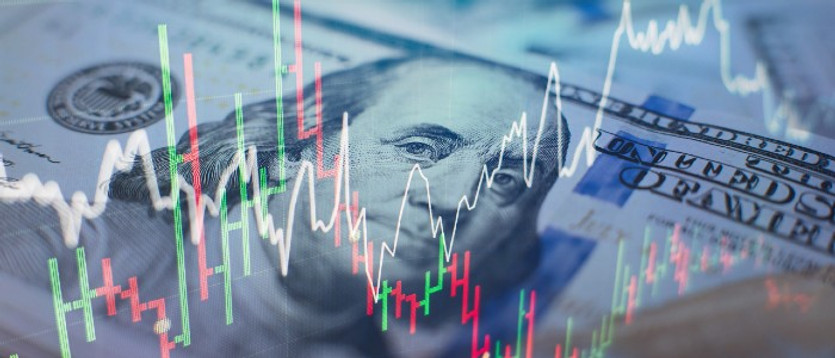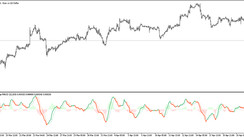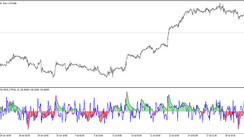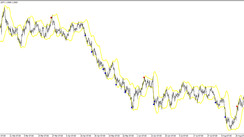"We need to see a convincing decline in the rate of inflation. Until we see that, we will continue what we started," Fed Chairman Jerome Powell said on Tuesday, speaking at the Future of Everything festival organized by the Wall Street Journal.
"The economy is strong. We believe it is in a good position to resist monetary tightening," Powell said. In his opinion, "the labor market will remain very strong ... even if the unemployment rate rises slightly," and this is also one of the key factors for the Fed (in addition to inflation and GDP) when setting monetary policy parameters. Powell stressed that the Central Bank will continue to rates increase until inflationary pressure eases.
Market participants reacted rather reservedly to Powell's speech yesterday. Despite the high volatility of quotes directly during his speech, the DXY dollar index fell on the results of yesterday's trading day, closing it at 103.40, a minimum for the last 7 trading days.
Obviously, the market was waiting for more aggressive statements by Powell. According to his own admission, the market has already taken into account the upcoming interest rate hikes at the next Fed meetings in prices. At the same time, Powell pointed out that avoiding a recession in the US will not be easy, and the restoration of price stability "may be associated with painful moments." “This is a really difficult task, which has become even more difficult in the last couple of months due to world events. The difficulty is that unemployment is already very low and inflation is very high," Powell said.
Today, market participants are still evaluating yesterday's speech by Powell, although, in fact, he repeated his earlier statements about the prospects for the Fed's monetary policy.
And yet, today futures for the DXY dollar index are growing, trading at the time of publication of this article near 103.59.
Economists expect further growth of the dollar, while the divergence between the conditional curves, reflecting the policy of the world's largest central banks, will grow "in favor" of the Fed.
Financial market participants have also recently reacted sharply to inflation in the United States, which has reached 40-year highs, the Russian-Ukrainian conflict, the slowdown in the global economy, and especially the Chinese economy, preferring the dollar to other traditional defensive assets, such as the yen, franc, gold.





